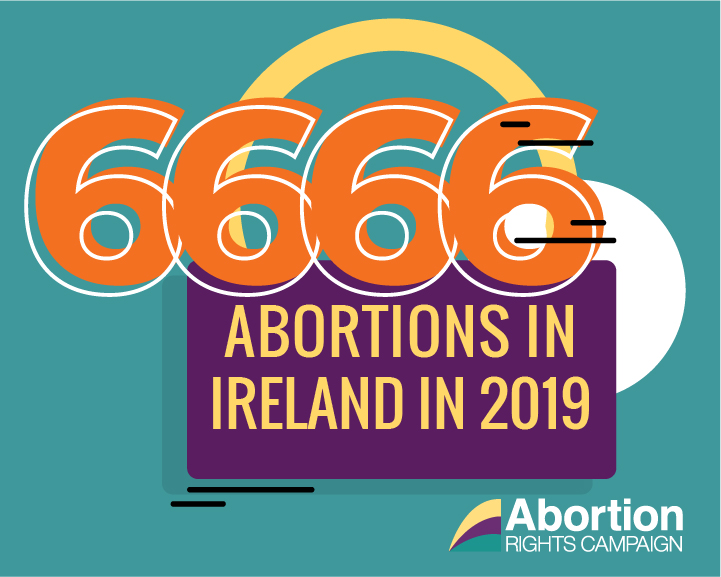
With International Safe Abortion Day on the horizon, this is a good time to reflect on Ireland’s first year of legal abortion provision. The Government’s first Annual Report on the Health (Regulation of Termination of Pregnancy) Act 2018 shows that doctors provided 6,666 abortions to people in Ireland during 2019. This is a significant success for abortion rights campaigners who for so long fought to stop the draconian Eighth Amendment from transforming crisis pregnancies into traumatic, and often tragic, events. Even since the Eighth was repealed, however, many pregnant people have continued to be denied adequate reproductive healthcare due to regressive elements of the legislation and a lack of abortion provision in some parts of the country.
Under the 2018 Act, doctors must notify the Minister for Health within 28 days of all abortions they provide, including the reason for the abortion and the county of residence of the person who obtained it. This hangover from pre-Repeal legislation serves as a reminder that the State does not yet categorise abortion as an ordinary, necessary health procedure; it continues to moralise and monitor.
The report gives this breakdown of the types of abortions provided in 2019:
- 21 abortions were performed in instances where there was a risk to the life or health of the pregnant person;
- 3 abortions were performed in instances where there was a risk to the life or health of the pregnant person in an emergency;
- 100 abortions were performed in instances where there was a condition that was likely to lead to the death of the foetus;
- 6,542 abortions were perfomed in early pregnancy, up to 12 weeks.
To put these figures in perspective, in 2018, a total of 2879 pregnant people travelled to the UK to obtain an abortion; this number fell to 375 in 2019. ARC celebrates the fact that the clear majority of those who need an abortion can receive this essential healthcare at home. However, the fact that at least 375 pregnant people had to travel abroad for an abortion shows that the legislation has left people behind.
The miniscule number of abortions for risk to life or health is on par or smaller than the number of abortions for life-saving reasons prior to Repeal. We are also concerned that British data showed that 64 people traveled from Ireland to end a pregnancy that had been diagnosed with serious foetal anomalies. Since only 100 people received abortions in Ireland on this ground, this statistic confirms our fears that Ireland’s own provisions for serious foetal anomalies are being too strictly interpreted, forcing many patients overseas.
The Irish government’s report also demonstrates the urgency of fully implementing legal abortion provision in Northern Ireland. In 2019, 1,014 Northern Irish residents travelled to England or Wales for an abortion, compared to just 67 who had an abortion in the Republic of Ireland, where they have to pay out of pocket for care. To date, neither the Irish government or the British government have provided adequate reproductive healthcare services to the people of Northern Ireland. Now that abortion has been decriminalised in the North, we strongly urge the Minister of Health to commission abortion services, including remote provision of medication abortion, to ensure that the people of Northern Ireland have access to free, safe, legal, and local abortion care.
Want to learn more? Join for our panel discussion with abortion providers


Awesome post thanks for sharing..